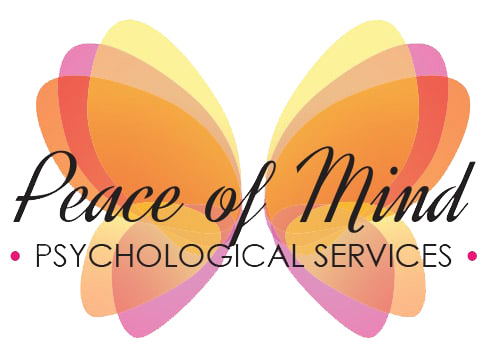Overcoming Perfectionism: How to Stop Being Too Hard on Yourself
By Peace of Mind Psychological Services

How Do You Tell You Are Too Hard on Yourself?
Being too hard on yourself can show up in different ways, such as constantly putting pressure on yourself to be perfect, seeking external validation, having negative self-talk, being unable to accept compliments, and getting easily stressed or anxious about minor things. Recognizing these signs can help identify whether you are being too hard on yourself.Is It OK to Be Too Hard on Yourself?
No, it’s not OK to be too hard on yourself. Overdoing it can lead to low self-esteem, depression, and anxiety. It’s important to be kind to ourselves and acknowledge that we’re human and we’ll make mistakes.Why Am I So Hard on Myself?
There can be many reasons why we’re hard on ourselves, including past experiences, life transitions, social media influence, and personality traits such as perfectionism and high standards. Understanding the root causes of this behavior can be helpful in developing effective strategies to stop being too hard on ourselves.How Do You Describe Being Too Hard on Yourself?
Being too hard on yourself means having unrealistic expectations and harsh judgments towards oneself. It means constantly striving for perfection and punishing ourselves for any mistake or failure. It also involves seeking validation from external sources instead of acknowledging our accomplishments and celebrating our victories.Here are some tips to overcome perfectionism and stop being too hard on yourself:
- Remember That Life Is Too Short: Instead of putting tremendous pressure on yourself to meet others’ expectations, focus on personal growth and reflection for your well-being.
- Accept What You Cannot Change: It’s crucial to accept past mistakes and limitations instead of blaming them on others. This can help shift the focus towards personal growth and empowerment.
- Celebrate Your Accomplishments: Take some time to celebrate even the smallest of victories. Focusing on accomplishments can boost self-esteem and promote a positive outlook on life.
- Learn from Your Mistakes: Making mistakes is a part of life, and learning from them can be a growth opportunity. Embrace the learning curve and use it as a chance to become even more resilient.
- Stop Comparing Yourself to Others: Everyone’s journey is unique, and comparing oneself to others can harm self-esteem. Instead, focus on becoming your best version and celebrating personal accomplishments.



